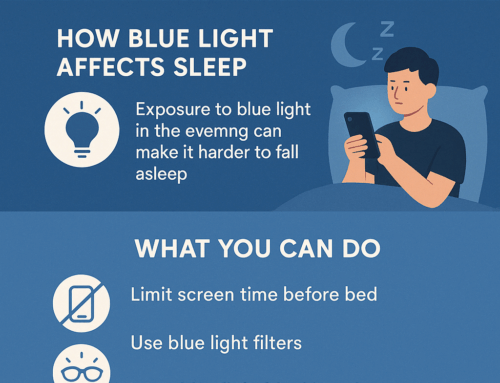Empowering Minds: Effective Ways to Raise Awareness for Mental Health
In our world, mental health often takes a backseat. Yet, the importance of mental well-being cannot be overstated. Raising awareness about mental health is crucial in breaking down stigma, fostering support, and encouraging individuals to seek help. Here are some effective ways to raise awareness for mental health and promote a more empathetic and informed society.
- Share Personal Stories
One of the most powerful tools in raising mental health awareness is sharing personal experiences. We saw the power of this during Jake’s Law when we passed mental health legislation unanimously. The power of people sharing their experiences was mighty and changed many lawmakers’ minds to vote yes for Jake’s Law. When individuals speak openly about their struggles and victories, they humanize the issue, making it more relatable and less stigmatized. Consider starting a blog, podcast, or social media series where people can share their journeys. This can create a supportive community and encourage others to come forward.
- Organize or Attend Educational Workshops and Seminars
Knowledge is a potent tool for combating stigma and misinformation. Organize or attend workshops, seminars, and talks focusing on mental health topics, such as stress management, depression, anxiety, and coping strategies—partner with mental health professionals to ensure accurate information and offer practical advice. Schools, workplaces, and community centers are great venues for these events.
- Leverage Social Media
Social media is a powerful platform for spreading awareness. Use it to share informative content, personal stories, and resources related to mental health. Hashtags like #MentalHealthAwareness and #EndTheStigma can help amplify your message. Collaborate with influencers and mental health advocates to reach a broader audience and create engaging shareable content.
- Host Fundraising Events
Fundraising events raise money for mental health organizations and increase the cause’s visibility. Consider organizing charity runs, silent auctions, or benefit concerts. These events can unite people for a common purpose while generating funds supporting mental health research, support services, and education. To donate to JEM, visit https://thejemfoundation.com/donate/.
- Develop Support Networks
Creating support networks within communities, workplaces, or schools can provide safe spaces for individuals to discuss mental health openly. Implement peer support groups or mentorship programs where people can connect with others who understand their experiences. These networks can offer emotional support and practical advice, helping individuals feel less isolated.
- Promote Mental Health Resources
Make mental health resources readily accessible to those who need them. Distribute brochures, flyers, or digital resources that provide information on local mental health services, hotlines, and support groups. Ensure these resources are visible in community centers, libraries, and schools.
- Advocate for Policy Changes
Advocacy plays a crucial role in shaping mental health policies and ensuring adequate funding for mental health services. Engage with local and national policymakers to push for legislation that supports mental health initiatives, such as improved access to care, better insurance coverage, and workplace mental health programs.
- Incorporate Mental Health Education in Schools
Look for ways to support the incorporation of mental health topics in schools. Integrating mental health education into school curriculums helps build awareness from a young age. Schools can offer programs that teach students about mental health, coping strategies, and how to seek help. Early education can foster empathy, reduce stigma, and empower students to care for their mental well-being.
- Create Art and Media Campaigns
Art has the power to evoke emotions and provoke thought. Collaborate with artists, filmmakers, and musicians to create pieces that address mental health themes. Art installations, films, songs, and literature can raise awareness and spark conversations about mental health in a way that resonates deeply with audiences.
- Encourage Open Conversations
Foster an environment where talking about mental health is normalized. Encourage open dialogue in homes, workplaces, and communities. Practice active listening and show empathy when others share their mental health experiences. Making these conversations a regular part of life can reduce stigma and promote a culture of understanding.
Conclusion
Raising awareness for mental health is a collective effort that requires creativity, compassion, and commitment. By sharing stories, educating others, leveraging social media, and advocating for change, we can contribute to a society where mental health is valued and supported. No matter how small, every action helps build a more empathetic world where individuals feel empowered to seek help and support one another. Let’s work together to make mental health a priority and champion the well-being of everyone in our communities.







Leave A Comment